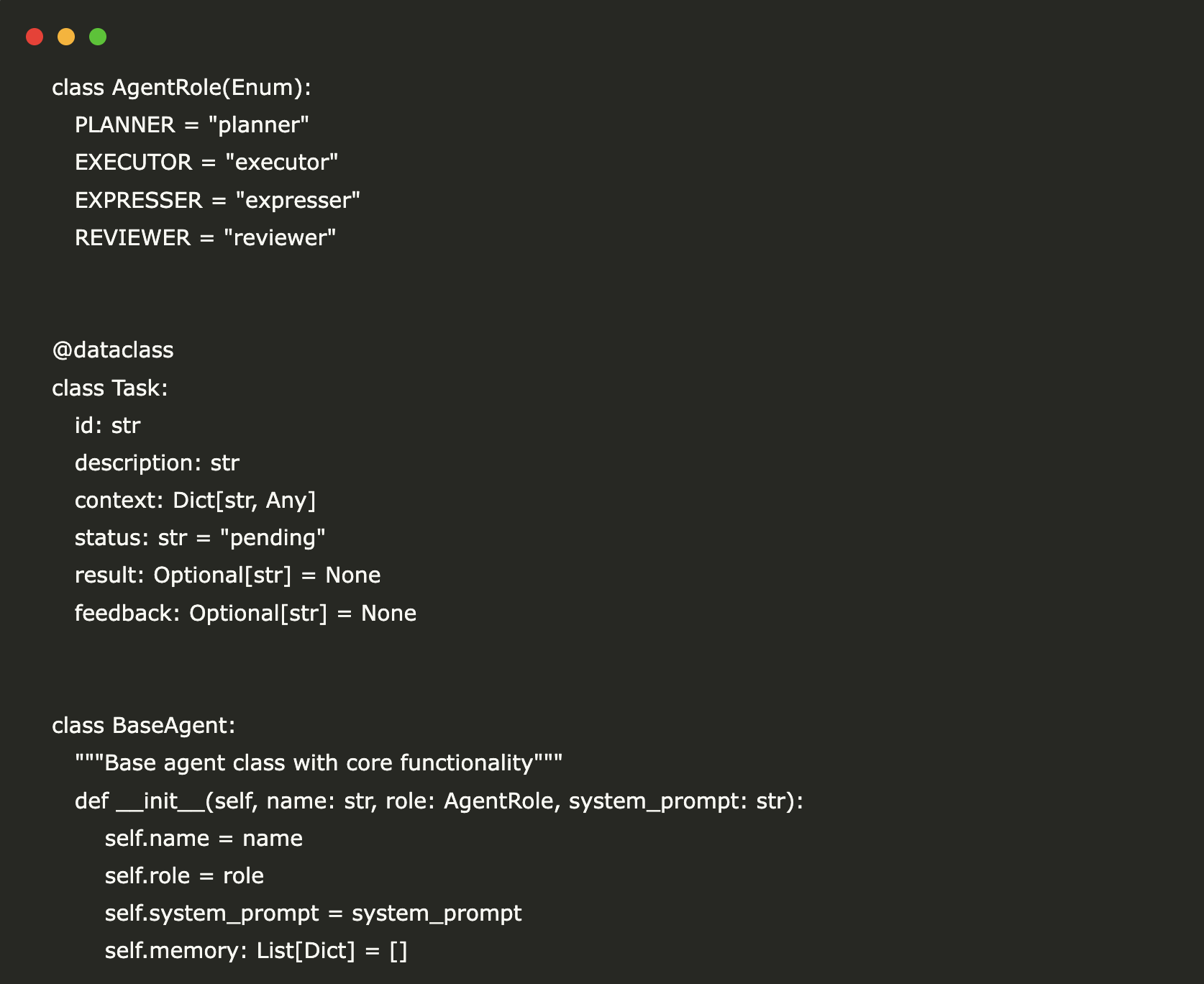
Unlocking Intelligent Systems: A Guide to Building Multi-Agent Frameworks with the PEER Pattern
In a recent tutorial by Asif Razzaq, the focus is on creating intelligent multi-agent systems utilizing the PEER pattern, which stands for Plan, Execute, Express, and Review. This comprehensive guide provides a hands-on approach to understanding how these agents can effectively collaborate to address complex challenges across various domains, including finance, technology, and creative strategy.
Overview of the PEER Pattern
The PEER pattern serves as a framework for structuring multi-agent interactions, allowing each agent to specialize in distinct roles. This structured approach enhances the agents' ability to work together efficiently, contributing to the overall success of the system.
Leveraging Advanced Technology
The tutorial operates within Google Colab/Notebook, integrating the advanced capabilities of Google’s Gemini 1.5 Flash model. Users can gain insights into the workflow and architecture of the system, benefiting from an iterative refinement process that is essential for producing high-quality AI outputs.
Getting Started
- Setting Up the Environment: The tutorial begins with installing necessary libraries such as agentUniverse and google-generativeai.
- API Integration: Participants are guided on how to configure the Gemini API using a free API key, which enables AI-powered content generation.
- Understanding Roles: The tutorial emphasizes the importance of defining roles within the agent framework, such as planners, executors, and expressers, to streamline the workflow.
This guide not only elucidates the technical aspects of building a multi-agent system but also illustrates the practical applications of such systems in real-world scenarios. By following this tutorial, professionals and tech enthusiasts can deepen their understanding of AI systems and enhance their skills in this rapidly evolving field.
Rocket Commentary
Asif Razzaq's tutorial on the PEER pattern presents a promising framework for multi-agent systems, highlighting a structured approach that encourages specialization and collaboration. However, while the potential for these systems to tackle complex challenges is substantial, we must remain vigilant about accessibility and ethical considerations in their deployment. The integration of such advanced technology in platforms like Google Colab is commendable, yet it raises questions about democratizing access to these powerful tools. As the industry evolves, we should prioritize making intelligent systems not only transformative but also universally accessible, ensuring that their benefits are shared equitably across various sectors. This focus on practical impact will ultimately determine the success of AI in enhancing business and development.
Read the Original Article
This summary was created from the original article. Click below to read the full story from the source.
Read Original Article